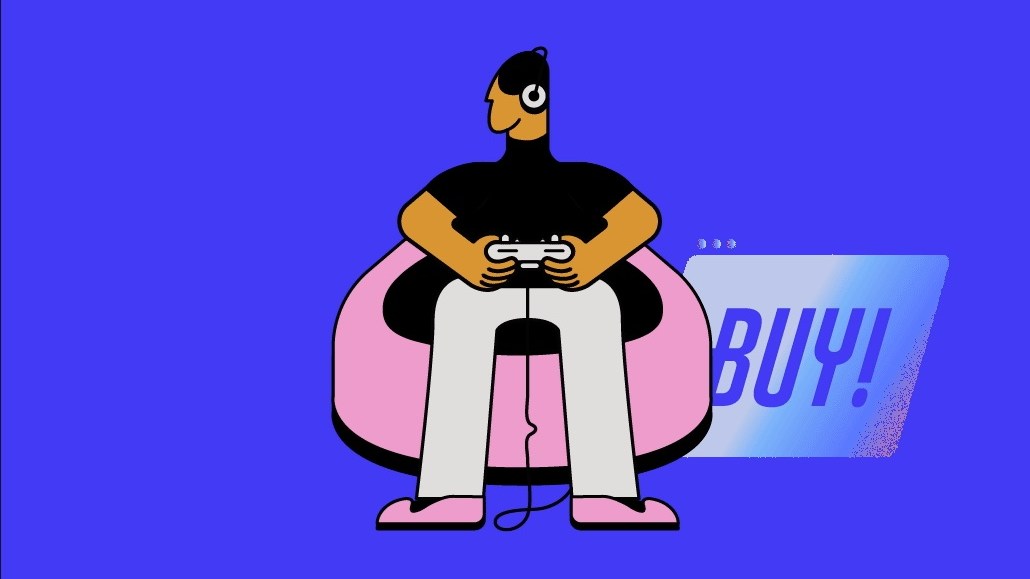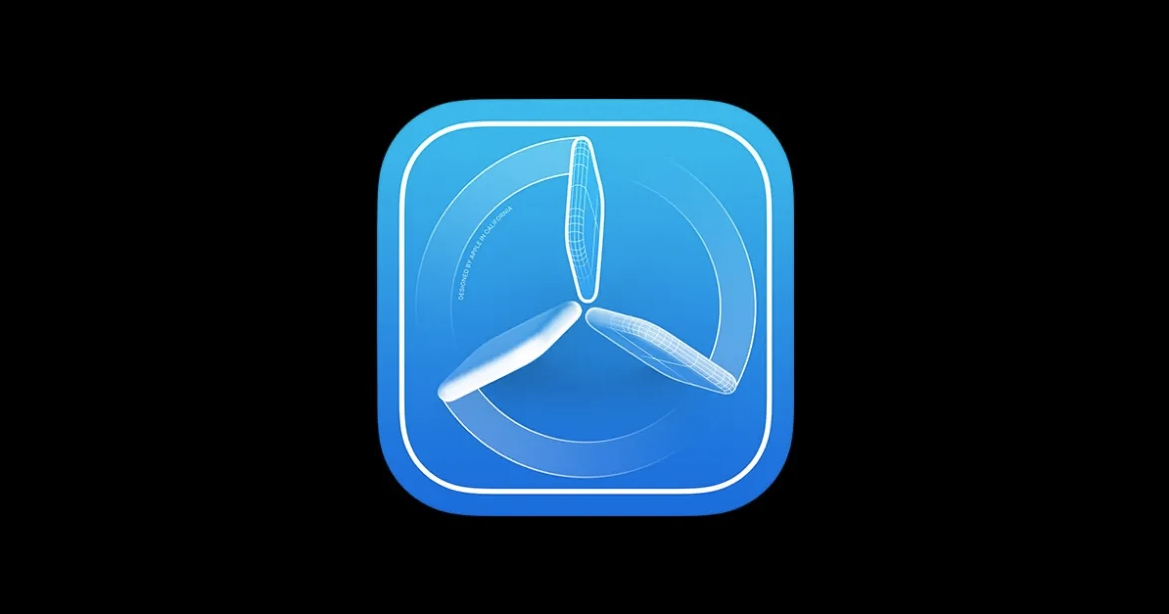By Alexander Lee • December 9, 2024 •

Ivy Liu
In the world of video games, “Call of Duty” is still king. Earlier this year, the series experienced its biggest launch weekend ever following the Oct. 25 release of “Call of Duty: Black Ops 6.”
The buzz around “Black Ops 6” showed how “Call of Duty” has successfully worked its way into mainstream popular culture. To back up the release, Activision ran a marketing campaign that injected the series’ popular “Replacer” character into a wide range of popular entertainment and sports properties, including Wheel of Fortune, Jeopardy, ESPN’s Sportscenter and Sky Sports.
Activision’s marketing push for “Black Ops 6” appears to have paid off. Content featuring the “Replacer” character garnered 268 million impressions across platforms, according to data shared with Digiday by Activision.
Following the release, Microsoft Gaming announced that “Black Ops 6” had achieved “Call of Duty’s” largest-ever opening weekend in terms of total players and hours played, although it did not disclose specific figures. Microsoft CEO Satya Nadella called out the successful launch during the company’s Oct. 30 Q1 2025 earnings call, saying that it was a result of Microsoft’s “strategy of meeting gamers where they are.”
To learn more about the marketing push behind “Black Ops 6,” Digiday spoke to Activision CMO Tyler Bahl for an annotated Q&A.
This conversation has been edited and condensed for length and clarity.
On Microsoft’s effect on the marketing campaign

Tyler Bahl:
“In a lot of ways, they’ve allowed us to leverage all of their resources across Xbox to help market the game, so that’s actually been a huge added value to us. One of the best examples was that they have a deal with Alpine, the F1 team — Microsoft does, and Xbox does as well. And they let us take over one of the cars at the Mexico City race and put ‘Black Ops 6’ logos all over it. So that was through letting us leverage their partnership with Alpine — we didn’t have a deal with them directly.”

Digiday:
It’s been just over a year since Microsoft closed its acquisition of Activision Blizzard. Since then, the company has gradually brought Activision Blizzard further into the Microsoft fold — a process that included layoffs of thousands of staff across the company’s gaming and esports divisions in a bid to streamline Microsoft’s gaming arm earlier this year. Bahl’s answer shows how Microsoft is taking advantage of the natural alignment between its console business and Activision Blizzard’s wide-ranging library of intellectual properties.
On the relationship between “Call of Duty” and the sports audience

Tyler Bahl:
“There’s always been an overlap between our audience and sports, and usually, we lean into the NFL, because our games always come out in Q4, and the NFL is always really hot in Q4. WWE is something that over-indexes; in Europe, obviously, it’s looking at football. So, in a lot of ways, there’s that connection to culture and the zeitgeist.”

Digiday:
Although the marketing campaign for “Black Ops 6” took advantage of a range of cultural touchpoints, it definitely over-indexed on the sports side, with integrations into both popular sports media properties such as Barstool Sports and ESPN and individual athletes like Angel Reese and NFL player Kyler Murray. Murray, in particular, leaned into the promotion by donating money and free game tickets to former members of the military.
“Athletes love this game; they play this game,” said Zach Hilder, the executive creator director at the agency 72andSunny, which helped Activision stand up the campaign. “There’s a lot of ways brands partner with sports, but the best part about this ‘Call of Duty’ campaign is that it was real. Kyler Murray’s stats actually go down when ‘Call of Duty’ comes out.”
On brands’ growing willingness to show up alongside “Call of Duty”

Tyler Bahl:
“I commend the marketing teams here, and PR and our partners at 72[andSunny]. We go in with pitch decks and we show them the data, and the number one reason why people play ‘Call of Duty’ is to have fun with their friends. It’s not about anything else — the guns or the violence or anything. We see that over and over again.
And as more partners come on board — this year, we had Herman Miller, we had Yeti coolers, we had Triumph Motorcycles, we had Corsair, a lot of new partners coming on board — and so the more you get, and you show that there’s other brands willing to commit, it shows that this is really just an entertainment brand, and a massive franchise that has lots of compassionate users.”

Digiday:
In past years, one concern that has prevented brands from advertising within or alongside first-person shooter games such as “Call of Duty” has been the potential brand safety issues that come with showing up next to relatively realistic gun violence. As gaming moves further into the mainstream, however, marketers are realizing that there is little to no correlation between violent video games and real-life violence. The success of “Black Ops 6’s” launch — and its all-encompassing marketing campaign — is more proof that brands’ potential brand safety concerns around “Call of Duty” are gradually falling away.
https://digiday.com/?p=562572





